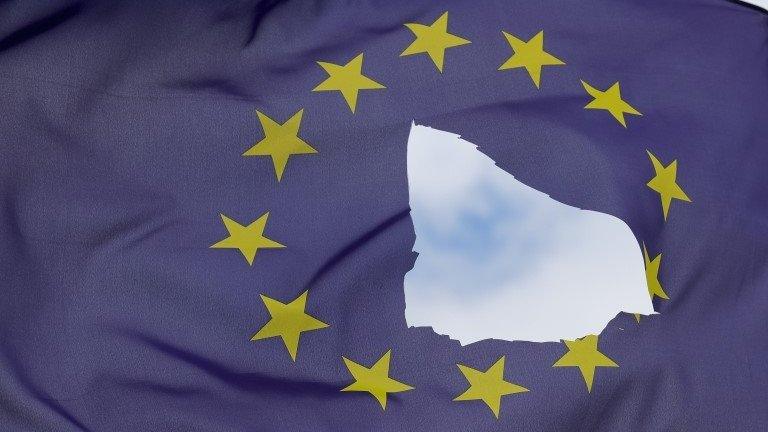Merkel moves to rally Europe's leaders after Brexit vote
- Published
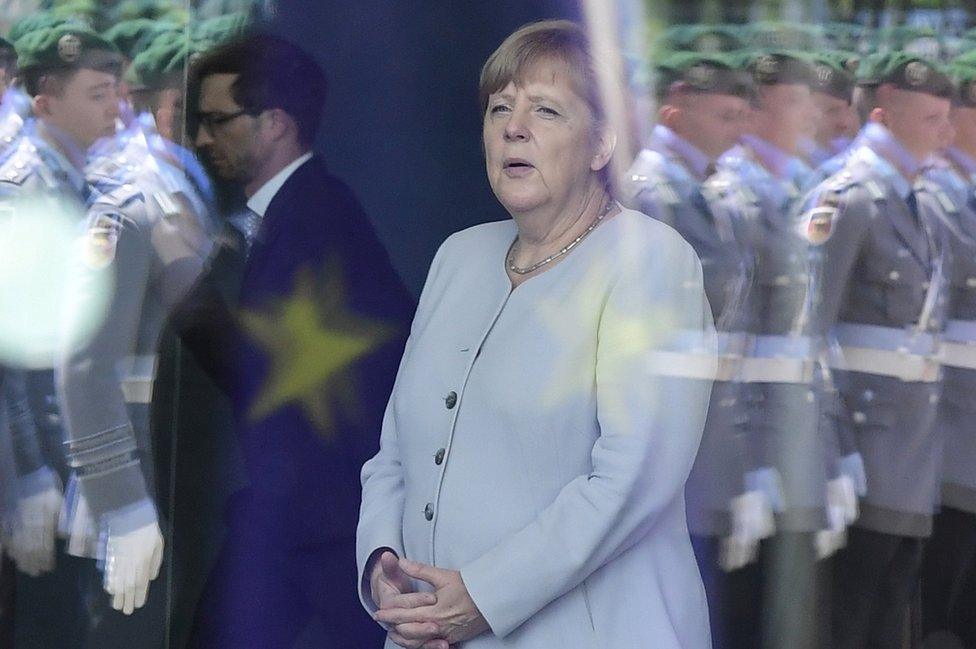
Chancellor Merkel will want a smooth UK exit with no damage to the EU
Much is being made at the moment of the apparent unpreparedness of both the UK's Leave campaign and of David Cameron's Remain camp for the day after an eventual Brexit vote.
But the rest of Europe has been caught short too.
There's been a cacophony of contradictory political statements across the EU since Friday morning.
There have been demands the UK must give immediate official notice to the EU that it is leaving; except it doesn't. There have been alarm bells that the EU is disintegrating, set off by determined insistences that the bloc is more united than ever.
Now that the dust is settling, a bit, German Chancellor Angela Merkel is attempting to take control, as she tends to in most things EU.

Read more:
Her priorities: to get Britain out smoothly, as soon as is practical (ensuring German trade interests, of course) and also to safeguard the future of the EU.
For her, Brexit now is all about damage limitation.
Monday's meeting in Berlin with the leaders of France and Italy is as much about image as content.
It's a signal and a photo-op ahead of Tuesday's EU summit in Brussels that, at its core, the EU is united in purpose and unflustered by the British vote.
Including Matteo Renzi of Italy in Monday's pow-wow in Berlin was a canny move.
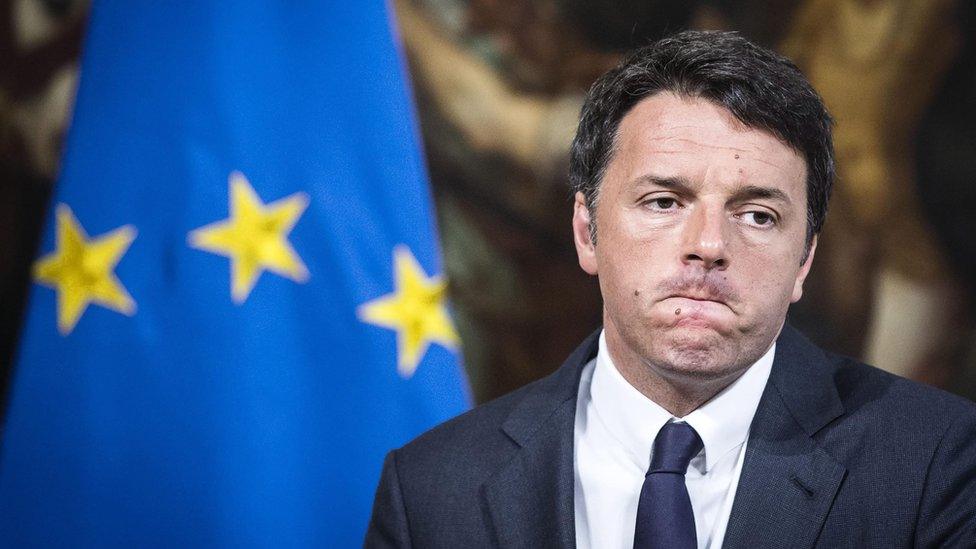
The Italian PM, Matteo Renzi, said on Friday that "a new page has turned"
He's there to represent the EU others.
To try to avoid accusations of Franco-German elitism or German domination in the EU at a time when voters are more Eurosceptic than ever.
Concerned about calls in their own countries to now hold referendums on EU membership, Europe's leaders have rushed to make statements about "listening to the people".
Expect more of the same in Berlin later. But with a more positive, less panicked-sounding spin.
Matteo Renzi, for example now describes Brexit as a great opportunity for Europe to make "long-needed" changes.
Not long ago it had been assumed that a UK vote to leave would be followed by decisive moves towards "more Europe", as the European Commission describes integrationist policies.
In particular, an attempt by the eurozone to press ahead with plans to complete monetary and banking union.
Bruising elections
The foreign ministers of France and Germany have just authored a discussion paper setting out a blueprint for a "strong Europe in an uncertain world", with an invitation to other EU countries to join "a political union".
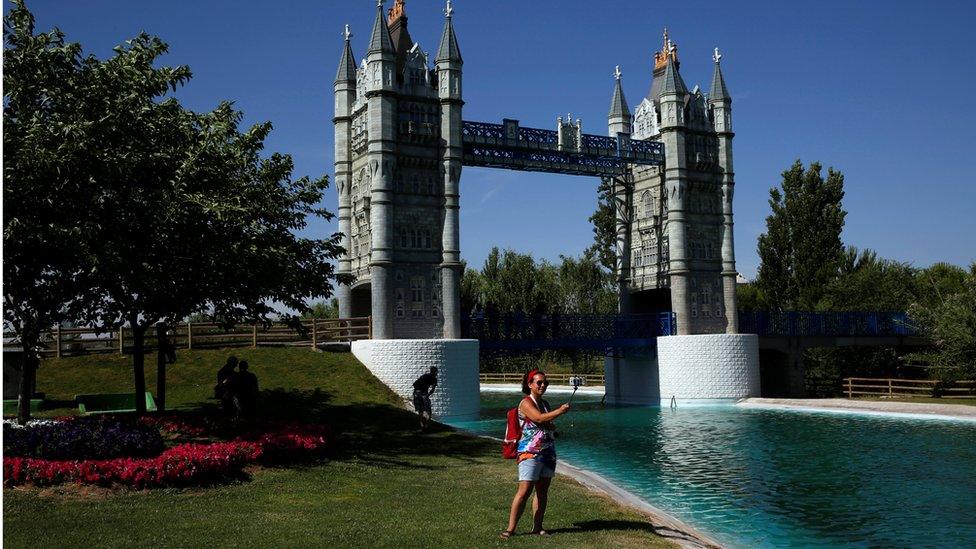
At a European theme park in Spain, the Tower Bridge replica is still standing tall
But their bosses, Angela Merkel and Francois Hollande, are wary. Very wary. Of further alienating a Eurosceptic public with suggestions of pooling even more national sovereignty.
Both leaders are, of course, heading into what could become extremely bruising election campaigns at home (particularly for President Hollande).
So it is expected that EU leaders will concentrate on "safe" common positions this week, demonstrating EU unity without wildly waving the federalist flag.
France and Germany will likely concentrate on security and defence.
Not the EU army idea that caused so much consternation in the UK, but rather initiatives thought to be acceptable to the broader European public such as common anti-terror measures and the formation of an EU coastguard to be used in the migrant crisis.
But despite Angela Merkel's best efforts - and possibly also because of them, from countries that resent Germany's dominating role - divisions will continue between EU nations, political parties within them and with the European Commission over the whens and hows of the UK's exit, and where the EU goes from here.
- Published19 June 2016
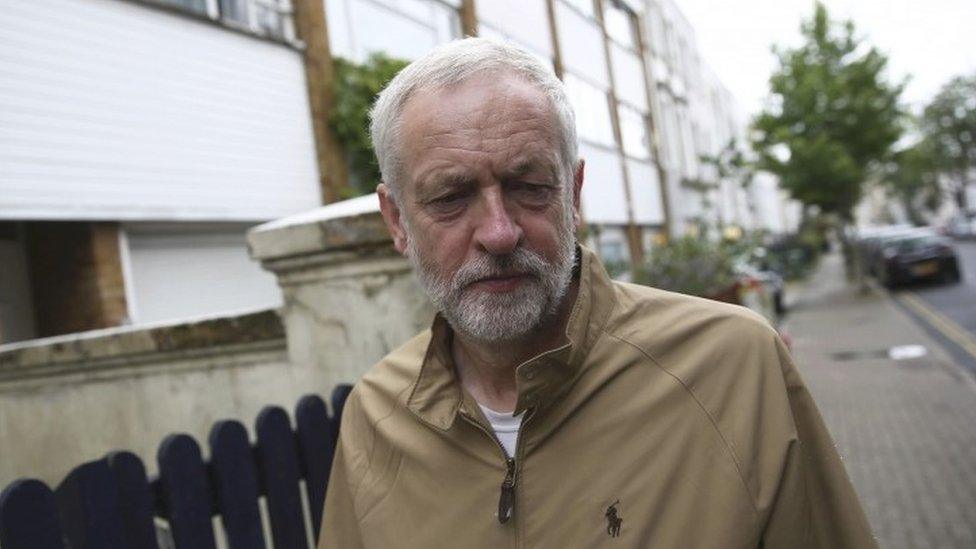
- Published25 June 2016
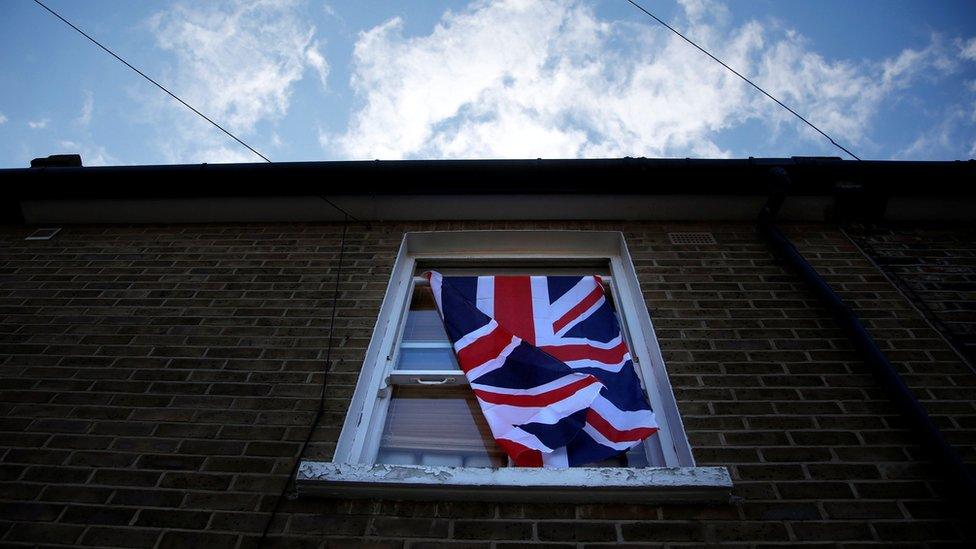
- Published27 June 2016
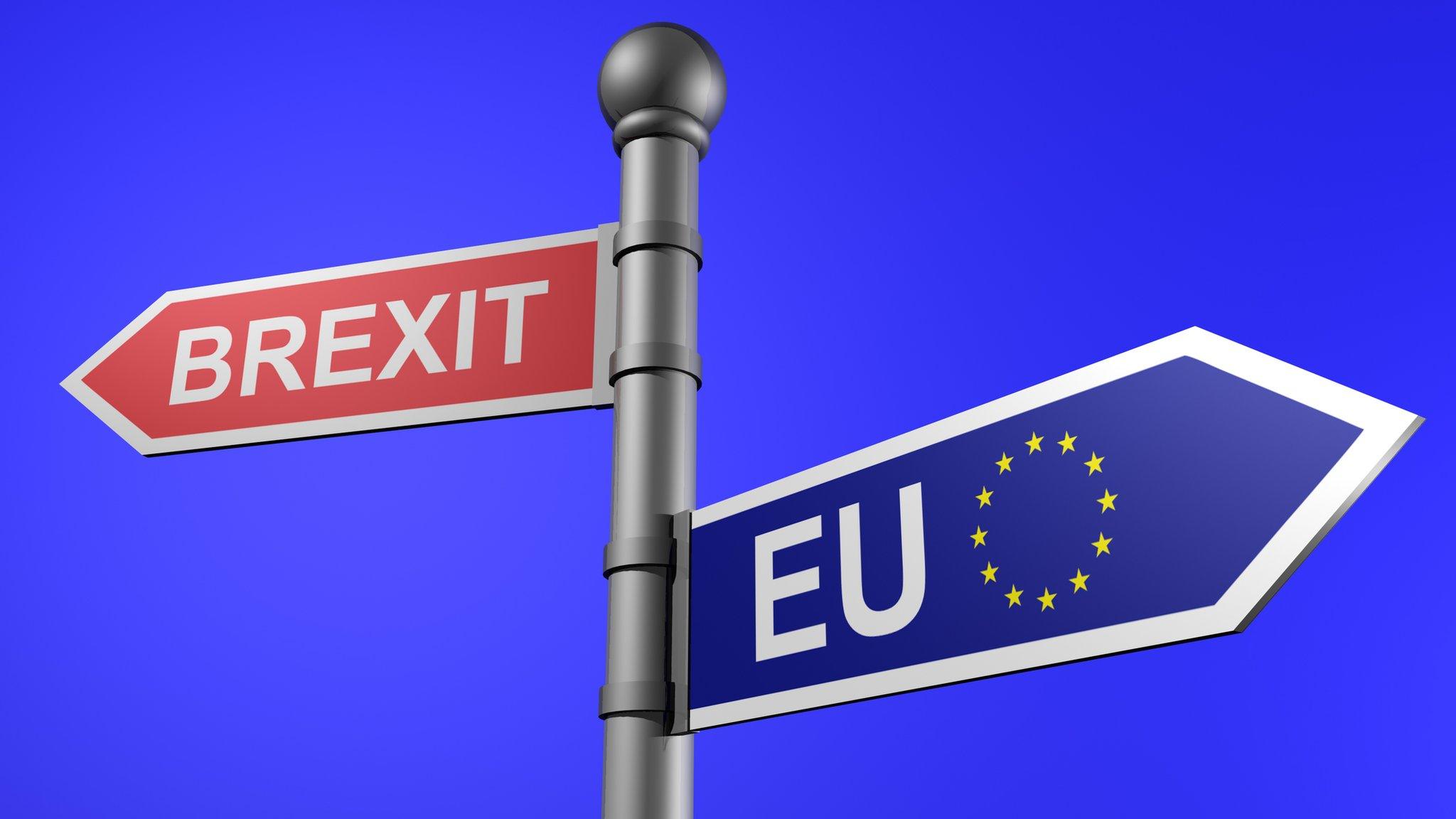
- Published24 June 2016
